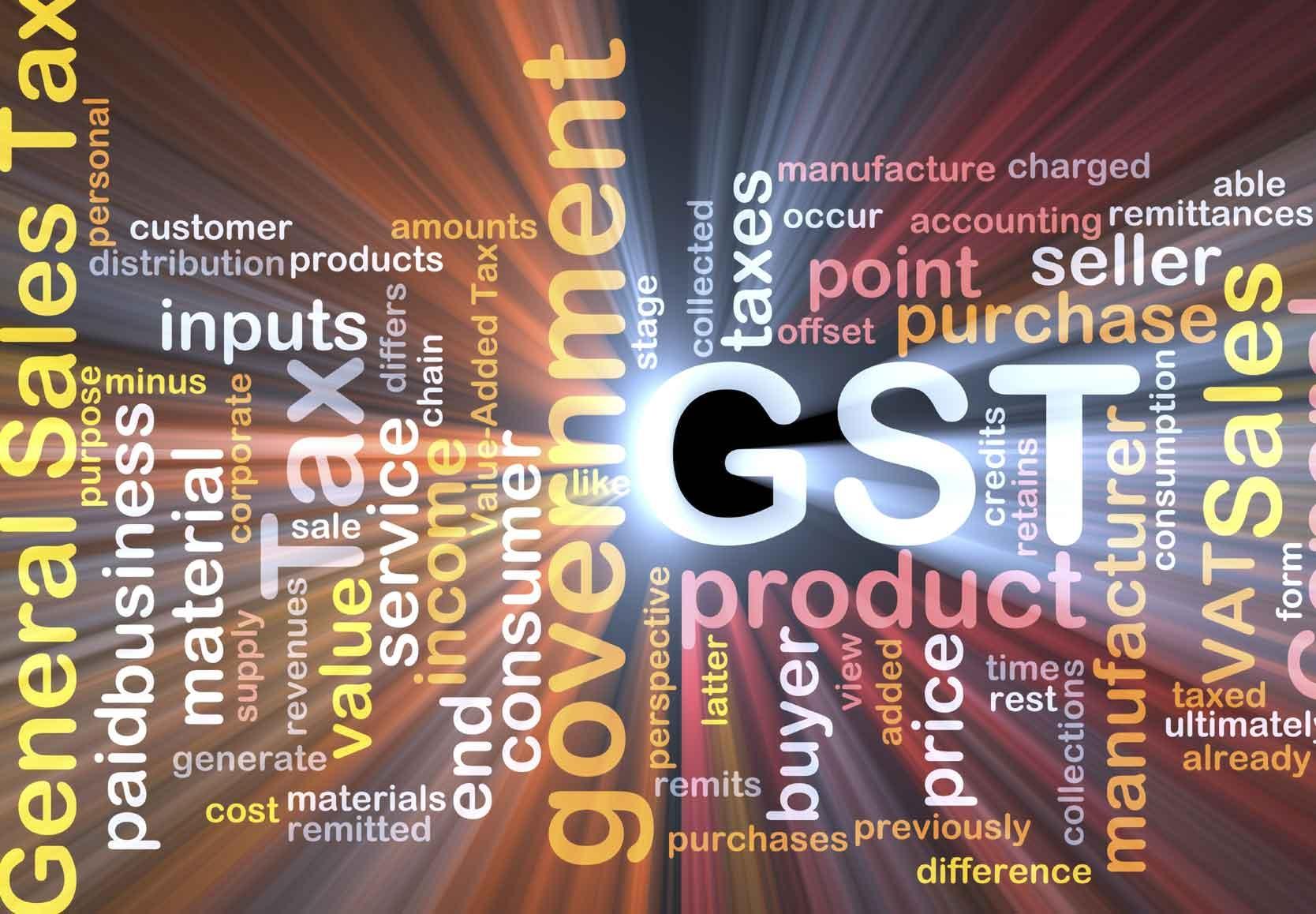GST Council meeting: Highest tax slab slashed by three-quarters

BY : News Gateway / GST Council meeting / Guwahati /
Moving to reduce the burden on businesses, the Goods and Services Tax Council Friday removed three-fourth of the items in the highest GST slab of 28 per cent, retaining only 50 of the 228 items in the category. This move is likely to result in a revenue loss of Rs 20,000 crore.
The Council, at its 23rd meeting in Guwahati, also decided to raise the annual turnover threshold for composition scheme to Rs 1.5 crore from the recently revised Rs 1 crore.
Union Finance Minister Arun Jaitley told reporters: “Out of 228 items in 28 per cent tax bracket, 178 have been put into lower tax category of 18 per cent.” Finance and Revenue Secretary Hasmukh Adhia said: “Fine for late filing will be cut to Rs 20 per day from Rs 200 for nil-liability tax filers.”
Bihar’s Finance Minister Sushil Kumar Modi said: “There were 228 items in the 28 per cent slab. The fitment committee had recommended that it should be pruned to 62 items. But the GST Council has further pruned 12 more items.”
Goods such as chocolates, chewing gum, deodorants, beauty products will witness a reduction in GST rate from 28 per cent, while items such as cement, paints and washing machines have been retained in the 28 per cent tax bracket, he said.
Modi said there’s a case for lowering rates in the coming days as well. “The decision taken by GST Council will have a revenue implication of Rs 20,000 crore and there is consensus that slowly the 28 per cent slab be brought to 18 per cent. It will take some time because it has a big revenue implications. Four months are left for the fiscal to end, so revenues should stabilise and in the coming days there’s case for lowering of rates,” he said.
A panel formed to make the composition scheme attractive — it was headed by Assam Finance Minister Himanta Biswa Sarma — had recommended an increase in annual turnover threshold to Rs 1.5 crore.
Earlier in the day, state finance ministers emphasised the need to have quarterly returns, lesser items in the 28 per cent tax slab and a simplified composition scheme. Ministers also said that this is the right time to include real estate, petrol, alcohol under the indirect tax regime.
Delhi’s Finance Minister Manish Sisodia said tax rates should have been set lower from July 1 itself as higher rates encourage black marketing.
“I have said that 28 per cent tax rate means you are encouraging black marketing. Secondly, there are some issues which need wide discussion like composition scheme. The scheme worked successfully in the VAT regime but if we try to extend it to SMEs, then I think there’s a need to think separately about SMEs in the GST structure. All these issues cannot be resolved through composition scheme,” he said.
On filing of returns, Sisodia said there is need to have quarterly returns filing. “I have always said, make it quarterly filing. The current return filing system has created confusion among businesses,” he said.
According to Sisodia, there is a need to bring real estate and alcohol under GST. “I have always said bring real estate in GST because if you put 28 per cent in construction activities and then suddenly it goes into a black hole because there’s no counting of where that is going… when you talk of one nation, one tax, then I think everything should be brought under GST. First, bring real estate and liquor,” he said.
“Jis din liquor ko aap layenge, us din bade bade surmao ke liquor ke karobaar question mein aayenge (The day you include liquor under GST, many big businessmen would be under question),” he said.
Puducherry Chief Minister V Narayansamy said the cap for GST rate should be 18 per cent. He added that the current procedure adopted for filing returns is “cumbersome”.
“Common man consumption goods, especially daily use items, are in 28 per cent like construction industry, toiletries. Common man is affected… GST was brought to simplify procedures and to facilitate common people to purchase items,” he said.
Haryana’s Finance Minister Captain Abhimanyu said the meetings are not related to elections. “The meetings cannot be related to any election because GST Council is represented by states and Centre. The same spirit of unanimity should continue,” he said.
The proposal to have quarterly returns filing and monthly tax payments for all taxpayers, rationalisation of items in the 28 per cent tax slab, a flat rate for all categories of composite dealers, a uniform tax rate of 12 per cent for AC/non-AC restaurants and a discussion paper on bringing real estate under the ambit of GST were part of the 23rd GST Council meeting.